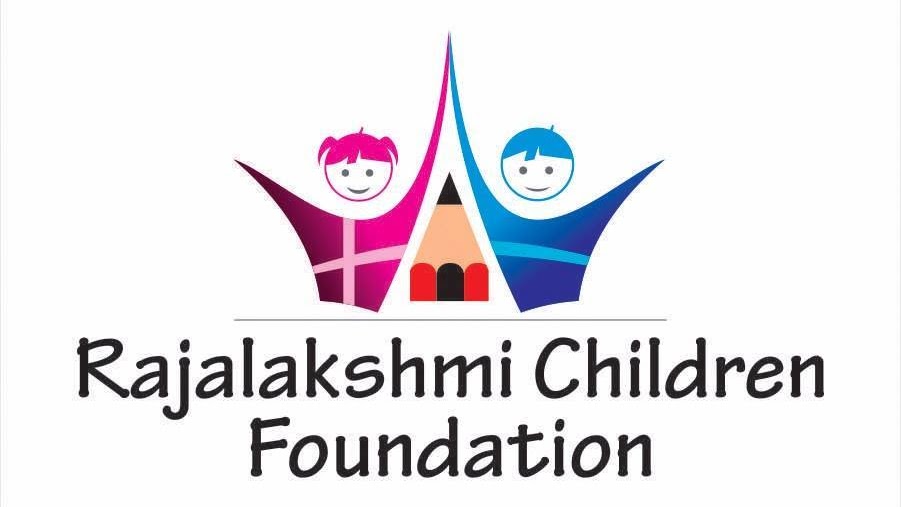Cause Area
Financials
-
2022
Total IncomeRs.4,550,005Total ExpensesRs.3,356,733Non Program ExpensesRs.839,183Program ExpensesRs.2,517,550Tip: Click on any value above to exclude it. -
2024
Total IncomeRs.12,445,668Total ExpensesRs.15,040,231Non Program ExpensesRs.1,297,281Program ExpensesRs.13,742,950Tip: Click on any value above to exclude it.
Geographies Served
Programs
-
Sharada Pratibha Poshan Upakram (Sppu)
District
Belgaum
States
Karnataka
Sharada Pratibha Poshan Upakram (SPPU) is a set of initiatives for nurturing talented students from economically disadvantaged families, and to make high quality all round education accessible to all. This programme, which began in mid 2016, has the following activities. Spreading the beauty and joy of mathematics and science through school visits Identifying and nurturing talented, sincere students from economically disadvantaged families Imparting skill oriented technology education to government school children Helping children to develop all round personality Provide financial aid to talented students and strive to endure such students do not drop out of schools Enable government school teachers to deliver high quality teaching. To this end, develop high quality teaching resources made freely available to teachers. Teachers are also supported to participate in good quality workshops and training sessions.
-
Educational Infrastructure Programme
District
Belgaum
States
Karnataka
Rajalakshmi Children Foundation has been instrumental in enhancing educational infrastructure in various schools. It established a computer lab equipped with 21 NComputing terminals, a Xeon server, and necessary furniture at GKHPS Mahantesh Nagar, benefiting 8 primary schools and 2 high schools in the cluster. Additionally, RCF funded a unique Social Sciences Lab at Government High School, Vantamuri colony, aimed at aiding comprehension of cultures, dynasties, geography, and other aspects through models and charts. In Bhutaramanahatti, a small village near Belagavi, RCF contributed to the establishment of a stimulating science lab called "Paramaanu" (Atom) at the Government Kannada higher primary school. Despite its compact size, the lab is equipped with essential scientific tools like telescopes, microscopes, biological samples, chemicals, and models, inspiring students to engage in scientific exploration.
-
Healthcare Services
District
Belgaum
States
Karnataka
The organisation delivers healthcare services to children in government schools, aiming for prompt treatment of minor illnesses, routine oral and eye checkups, growth tracking, and collaborating with local health facilities for further care. It also identifies and addresses chronic anaemia, which can affect both physical health and cognitive development. In a collaborative effort with Lakeview Hospital, they conducted a Mega Anemia Detection Camp for 2,000 students across 10 government schools in Mahantesh Nagar, Belagavi. Results revealed that 40% of children were anaemic, prompting immediate action: 110 severely anaemic children received specialized haematinics for three months under close supervision, while those with mild to moderate conditions were educated about iron-rich diets and encouraged to adhere to the Government's iron and folic acid supplement programme.
-
-
Pratibha Poshak
StateDistrict
Dharwad
Haveri
Davangere
Gadag
Bagalkot
Belagavi
Bengaluru
Vijayapura
Uttara Kannada
States
Karnataka
Many children having talent, tenacity and interest necessary to pursue studies in the fields of Math, Science, Engineering or Medicine are deprived of good quality education, guidance and financial support. The goal of Pratibha Poshak is to identify highly talented students, even from remote rural areas and urban slums, and enable them to obtain high quality online education by digitally connecting them with mentors and teachers. Students having completed 8th grad are enrolled in this programme through a multi-stage selection process. They remain in the programme until they complete 12th grade and enter university education.
Impact Metrics
-
Attendance
Year-wise Metrics -
Comprehension
Year-wise Metrics -
Conceptual Clarity
Year-wise Metrics -
Number of Students Complaining of Stomach and Other Problems Which Were Caused by Using Dirty Toilets or Abstaining From Using the Toilets
Year-wise Metrics -
Increase in Admissions of Children to That Particular School
Year-wise Metrics -
Average Increase in Attendance and Pass Percentage
Year-wise Metrics -
Getting Admission in Good Technical and Medical Schools
Year-wise Metrics -
Lesser Drop Outs From School
Year-wise Metrics -
Development of All Round Personality
Year-wise Metrics
Leadership Team
Demographics & Structure
-
Organisation Strength
3
-
Organization Structure
Yes
Registration Details
-
PAN Card
AAGCR2712R
-
Registration Number
U85100KA2013NPL067685
-
CSR Form 1
CSR00036093
-
80G
AAGCR2712RF20226
-
12A
AAGCR2712RE20210
-
FCRA
094440136
About
-
Headquarters
Belgaum, Karnataka
-
Since
2013
Impact
The foundation has reached thousands of students through its various programs, provided educational resources and infrastructure to multiple government schools, and conducted health camps benefiting children in the region.
Vision and Mission
We envision a pan-India school housed in the cloud, with local clusters connected on the ground, that serves as a hub for exceptionally bright students from challenging socio-economic circumstances to actualize their potential and fulfil their dreams. With access to quality mentorship, rich resources, and highly motivated peers, we hope to be a catalyst for young people from rural India to build high-impact research, technology and social ventures of their own, that will propel India, and the world, to a brighter future.
Political & Religious Declarations
-
Political Affiliation
-
Religious Affiliation
Location
-
Offices in Cities
Other Details
-
Type
Non-profit
-
Sub Type
Section 8 (formerly Section 25)
Technology Adoption
-
SOC 2 Compliant
No
-
Financial Management
-
Beneficiary Management



